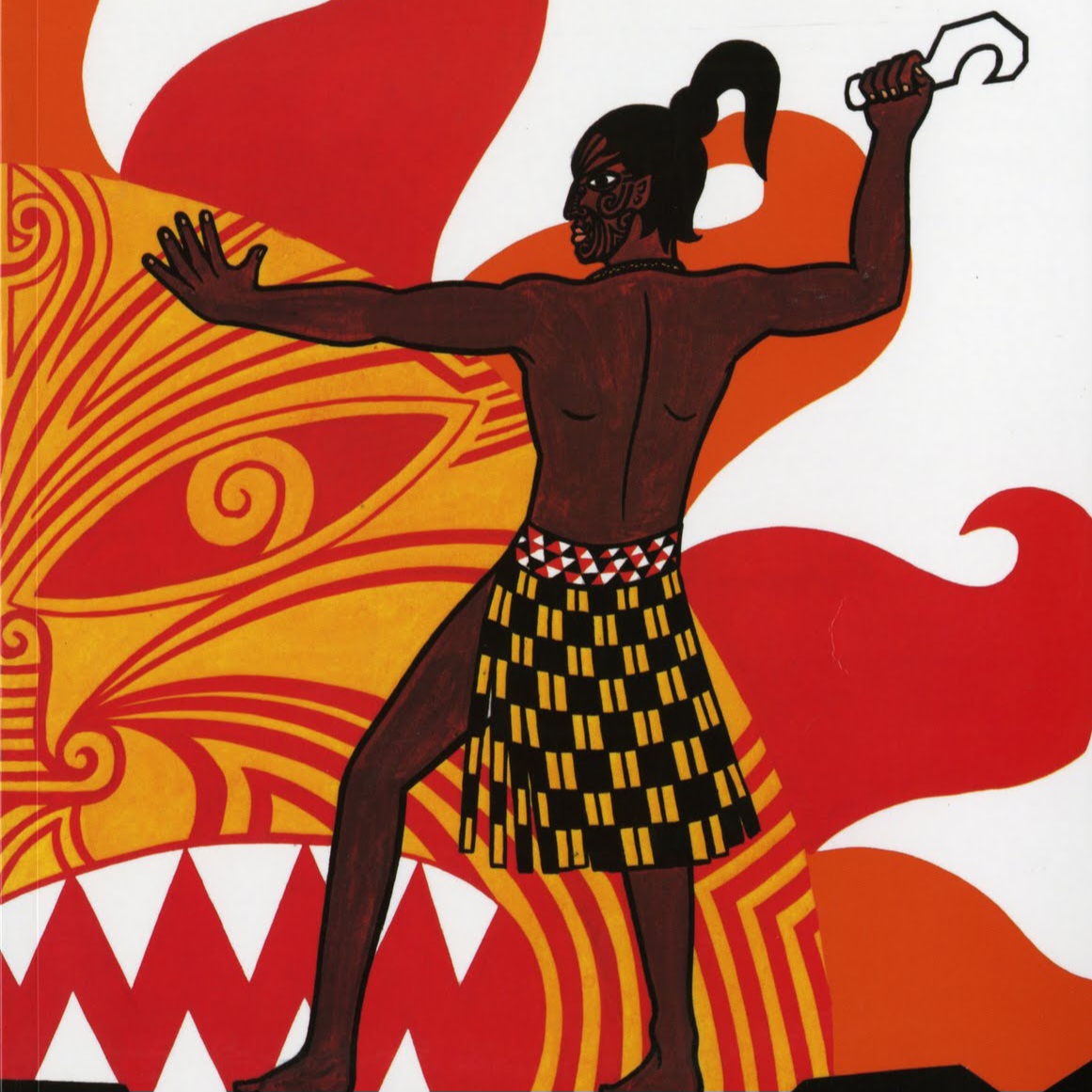So I’m a New Zealander and I have a pretty good idea on how the electoral college system works but it honestly sounds like something that can be easily corrupted and it feels like it renders the popular vote absolutely useless unless I’m totally missing something obvious?
So yeah if someone could explain to me what the benefits of such a system are, that would be awesome.
Edit - Thanks for the replies so far, already learning a lot!
At the time the electoral college was devised, the only way to reliably get an important message from a state capital to the federal capital was to send a trusted messenger on a horse. The electors are those trusted messengers.
Also, back then there was still a lot of disagreement about how the US would work. Was it going to operate be a single, unified country or would it be more like an EU style organization with a unified defense? IE Federalists vs Anti-Federalists? The electoral college was a compromise to let each state run its own elections and only franchise who they wanted. It’s important to remember that the US was not founded as a universal suffrage nation, and has only slowly and after much painful internal struggle expanded civil rights.
IIRC there was also a desire to put some distance between the unwashed masses and the election. James Madison, for example, was clear in his writings that he feared the system would devolve into mob rule by whichever group could whip up the most angry followers (January 6, 2021 anyone?). The presidential electors have an opportunity to be the adults in the room if the election is a hot mess and cooler heads need to prevail (though they can also swing the other way and wreak havoc so it’s a double-edged sword).
Like most weird things with the American federal government, you have to remember that at the founding, the individual states were much more autonomous, more similar to individual countries than they are now.
Primarily, the electoral college was one of many compromises made between the states so that all of them would sign on and join the union. It was deliberately designed to give smaller states a disproportionate say in the presidential election, to sooth their fears that they would end up being controlled by the larger more populous states (again, at the time, people would have identified much more strongly with their state than with the federal union.) So, the benefit was that it gave the smaller states enough of a say that they were willing to join the union.
If you conceive of the United States as a single nation state, which many today do, but was not historically a universal norm, then there’s no real benefit and only serves to help Republicans maintain power, since less populous states tend to vote Republican. This is what most people tend to believe, especially people on the left, and why you largely see most people online oppose the electoral college.
If you conceive of these United States as a group of states and not just a giant nation state, then the electoral college allows the separate states some hedge against being dominated by their larger neighbors. Almost no one actually believes this. You’ll mostly see Republicans bring up this argument, but by and large they’re hypocritical about it(they’ll use states rights when it serves them, and federal power when convenient). There are some people who do truly think that the states should be left to govern themselves, as a matter of principle and not just as part of a political game to get their way when convenient, but they are very rare.
There are benefits?
As a US citizen, it seems like it should be relegated to the last century and not dragged any further into the future.
Americans really have a hard time renewing things. The US is so high on the idea being the best country in the world, that they are afraid to change anything and get very defensive about modernization. I am kind of glad that Germany got a reset and was able to build something new in a modern time. I see how the US and UK really struggle with their excess weight of previous centuries. Ranked voting is more democratic. But how to you tell people that they have to change if they think they have the best system (while their current system clearly is dismantling their society at the same time)
It helps those with power keep it. Benefits to everyone else, that it may have had, have been eroded by time, demographics, and or technology.
When the definition of “everyone else” excluded people without property, women, and minorities, it served its purpose quite well. In fact it continues to serve the purpose of overrepresenting property owning white men. Not as well as back in the 1800s, mind you.
What I’ve heard is that it prevents “tyranny of the majority”, whereby the majority would just get their way 100% of the time.
I know that sounds like exactly what should happen, but I think the thought is that sometimes the majority does not vote in the country’s best interest.
As an exaggerated example, say there is some budget concern that would allocate all money to urban business and zero to rural. Depriving rural business like farms of this funding would cripple the country’s food reserves. But the majority live in urban environments, so they’d vote selfishly and fuck up the country. So rural voters are given more power to balance it out.
Now in my opinion - I don’t care about any of that. And I think if the majority votes one way and fucks up the country, so be it. Gotta learn to vote in the country’s interest and not your own.
OP’s country has proportional representation, which means that sometimes majorities and minorities have to team up to get legislation passed.
EC is great when you’ve got too many people to tally votes efficiently. So basically it’s only use since the advent of the telegraph is to ensure mega cities don’t disproportionately affect rural locations via election results. With EC, rural states have more weight than they otherwise would. I still think we should switch to a popular vote for elections.
That doesn’t sound like a benefit at all…
What doesn’t? That rural states have more weight via the EC than they would in a popular vote? It’s not a benefit to the country and citizens as a whole, but it is to those individual states.
A dictatorship is not a benefit to the country and citizens as a whole, but it is to those individual dictators, too…
Between that the Senate and gerrymandering it’s giving a huge bonus to the minority. Just imagine the legislation we could have
I don’t see how it tallies votes more efficiently? Bigger cities have more people to count, and typically are divided up too.
Mega cities not affecting rural locations is already done by having local government’s
I know you said you still prefer popular vote, but jist wanted to voice my opinion.
Saying it’s more efficient was meant to be a little tongue in cheek. It’s not now. It was a few hundred years ago when communication was still done by horseback.
Having local governments does mitigate the effect megacities have on rural locations, yes, but not regarding national elections. An argument I’ve heard time and time again for keeping the EC is that without it, each president would be decided by NYC and LA.
It’s an interesting conversation topic. It’s easy to mock for being backward and racist. It serves as a good cautionary tale for other governments…
Definitely an interesting topic for sure!
I guess most other governments would never need a system like that given I don’t imagine there’s any other country in the world that is made up of as many States as the US.
We have an interesting electoral system in NZ called MMP which is essentially a first across the post system so even if a party gets more votes than anyone else, it they didn’t get enough to cross the post/finish line, they don’t win and so a coalition can be formed by smaller parties that got less votes to get across the finish line and therefore the country is then run by multiple political parties.
the main ‘advantage’ i believe is that it allows non-voting people to lend weight to the votes of those who do vote. it allows states to disenfranchise voters, without that impacting their state’s influence on national politics. it also allows smaller states a larger proportional influence than their population would make reasonable.
personally, i don’t see those as advantages, but i’m not some wealthy slave owner from the 1700s.
Don’t forget the 18 people from Wyoming who really enjoy it too, they get to be counted the same as hundreds of thousands of new yorkers
Seeing how many times it’s fucked us. I say it’s an in lubed dildo that’s meant to bring minority rule over the people
You’ve pretty much got it already, no benefits.
Originally, the benefit was that the president would be chosen by the established powerful men, not the filthy proles.
See https://en.wikipedia.org/wiki/Article_Two_of_the_United_States_Constitution#Clause_3:_Electoral_College and https://en.wikipedia.org/wiki/United_States_Electoral_College#History
After reading that second link, it definitely seems like they’re saying the average citizens weren’t smart enough to decide who should be president lol.
Thanks for the links.
That’s the reasoning, yes. Not so much “not smart enough” as “not civic-minded enough”, that is to say, people are short-sighted and selfish.
And, in a rural, agrarian society, not educated or up to date on recent events enough to vote in an informed way. Paternalistic, sure, but not completely unreasonable given the era.
I honestly believe this is still the case today.
How many people voted for Biden because he promised to forgive student loans? Something that causes terrible inflation, wrecks our already strained debt, and only benefits themselves?
How many people voted for Trump because he promised to cut taxes at the expense of our budget? Something that causes inflation, wrecks our already strained debt, and only benefits themselves?
People are very short sighted and vote very selfishly. Not everyone, but a large chuck of Americans are this way, and this is why every candidate usually throws in a couple promises like this just to appeal to those selfish voters.
The only benefit today is for the GOP. They would never win the presidency without it they are so unpopular.
I agree with the 1st part but admit that the GOP is popular among rural America.
Rural America has very few people in it. The Electoral College makes “Rural America” matter by weighting it so that in effect landmass votes, not people.
My vote is worth something like 4/7 of a Wyomingite’s vote because my state happens to include two or three large cities (that I don’t live in).
It may be popular in rural America, but the numbers aren’t there. The gop has won the popular vote once since 1992.
Drama, mostly.
Seriously, the reason we keep it is that it’s written into the constitution. Now is not the time to use either method to amend, so we’re stuck with it.
There’s no reason for it to exist, though I can see its utility before communications were instant.
Currently: None. I guess you could swing a semi-benefit that it gives more power to smaller states so they don’t “get overrun” by the big boys, but the way most states decide their electors, this happens anyways and would probably be better without the EC. Unfortunately to get rid of it requires a Constitutional Amendment which is very hard to do in this country (only 27 times in 230 years under the Constitution, 11 of which were proposed with the Constitution). There are a couple sneaky ways states are trying to get around this. I think CGP Grey has a video or two all about the Electoral College if you’re interested
Historically: Actually more than people think. It was difficult to spread information around the nation cause it was really big for the technology at the time. The optimistic idea behind it was that a state could hold their elections, the electors would then be informed what the desires of their electorate would be, then they would spend a month moseying up to the Capital (originally NYC, then Philadelphia, then DC) and once they got there they could then vote for the President using not only the desires of their electorate, but the most up to date political information. The cynical view is that this allowed the wealthy and powerful to elect other wealthy and powerful men to be President. Real history probably places the true reason somewhere in between
This is a great and informative response! Thank you!
There are a couple sneaky ways states are trying to get around this.
The biggest one is the NPVIC - basically, states representing a majority of electoral votes (considerably fewer than the 3/4 required to ratify a constitutional amendment) would enter into an interstate compact agreeing to award all of their electoral votes - and hence the presidency - to whoever wins the national popular vote.
It might be struck down as unconstitutional, but it also might not - states have a lot of power over how to allocate their electoral votes. But even getting to the needed 270 electoral votes is a stretch; we’re currently at 205, but that includes most of the low-hanging fruit, because populous hard-right states like Texas tend to view the current system as favoring Republicans (and indeed the 4 presidents in the last 150 years elected despite losing the popular vote were all Republicans) and so even if a popular vote would bolster their national influence they’re still against it. And the non-Republican-dominated states that haven’t entered it yet - MI/WI/PA/AZ/NV/GA/NC/NH - are all presidential swing states that enjoy outsized influence under the current system and have no incentive to disrupt it.
So realistically, the only way to eliminate the electoral college would be for a Democrat to win the electoral vote while losing the popular vote, thus gaining support from hard-right state legislatures eager to delegitimize the election winner.
It helps candidates that don’t actually have a policy win elections anyway. Helps the side that keeps losing popular elections get into office regardless.











